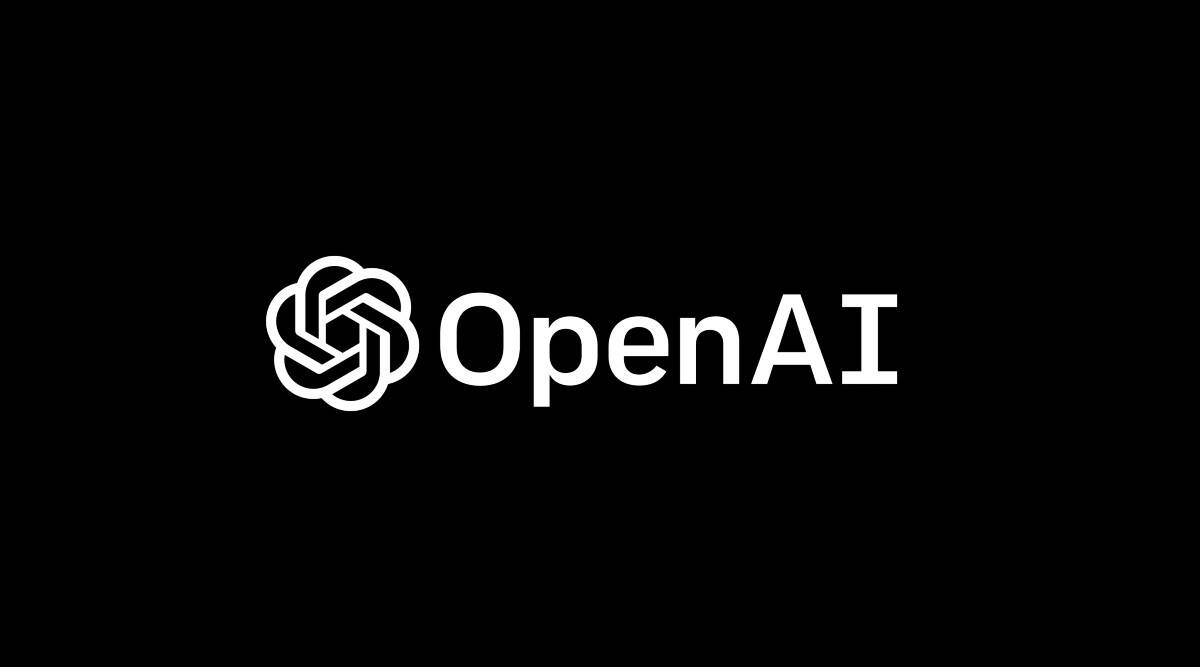 January 11, 2023 - BY Admin
January 11, 2023 - BY Admin
Amid ongoing debates and discussions surrounding the use of artificial intelligence (AI) in education, with some individuals and groups calling for a ban on its use while others advocate for its integration and implementation, we at Optimyze Technologies Limited decided to put the technology to the test. We wanted to gain a better understanding of the potential benefits that AI, specifically ChatGPT, could bring to the field of education. So, we conducted an experiment where we asked our AI system to highlight some of its key advantages, and the results were quite promising.
This is what AI said...
" ChatGPT, or the Generative Pre-trained Transformer, is a powerful language model developed by OpenAI that has the potential to revolutionize the way we think about education.
One of the key advantages of ChatGPT is its ability to generate human-like text in response to prompts. This makes it well-suited for tasks such as chatbot development, dialogue systems, and text-based games. In the educational sector, this technology can be used to create highly personalized learning experiences for students.
For example, ChatGPT can be used to create virtual tutors that can respond to student questions in real-time, providing immediate feedback and guidance. This can be especially beneficial for students who may struggle with a particular concept or topic, as they can receive additional support without the need for a physical tutor.
In addition to providing personalized support, ChatGPT can also be used to generate new and unique educational content. For example, it can be used to create personalized practice problems or to generate summaries of key concepts. This can help to make learning more engaging and interactive for students, as well as helping to keep the content fresh and up-to-date.
Another potential application of ChatGPT in education is to improve language learning. ChatGPT's natural language processing capabilities can be used to create virtual conversation partners for students who are learning a new language. The model can also generate examples of native-like text and speech that students can use as a model for their own language practice.
Beyond that, ChatGPT can help in automating administrative tasks like grading, monitoring student progress and answering common inquiries. This can free up teacher time and energy to focus on more meaningful interactions with students However, It is important to keep in mind that ChatGPT is just a model and it's human-like text is not always accurate, so educators should always have a human reviewing, editing and correcting the information generated by the model to ensure its accuracy.
In conclusion, ChatGPT has the potential to revolutionize the way we think about education, providing new and innovative opportunities for personalized support and content generation. With its ability to generate human-like text and its natural language processing capabilities, ChatGPT can help to make learning more engaging and interactive, while also providing new ways to support students and teachers."
Overall, the potential benefits of AI in education are promising, and we look forward to continuing to explore and harness its potential to enhance the field of education.